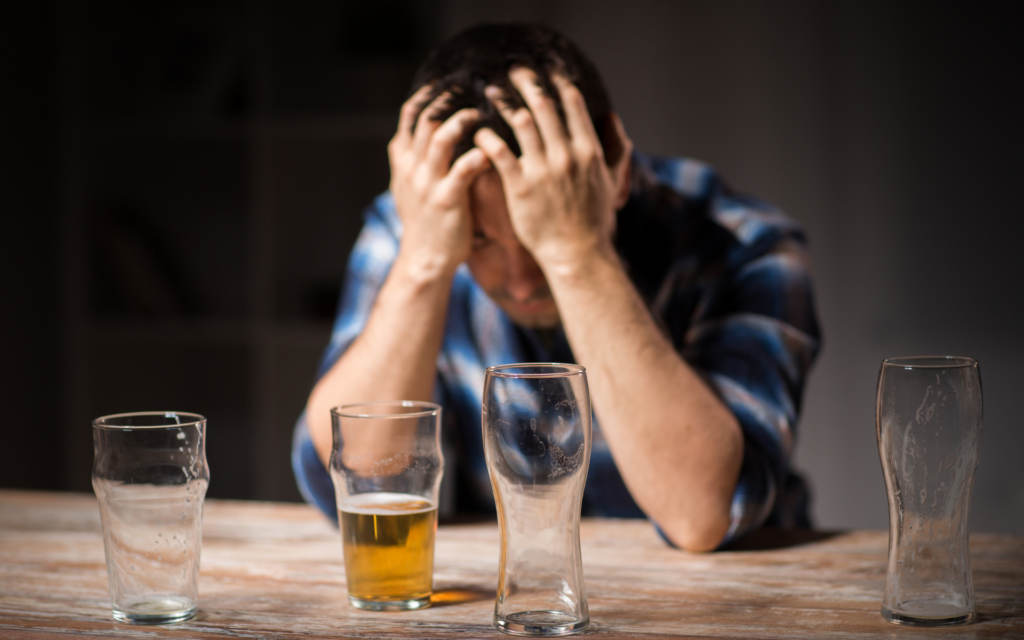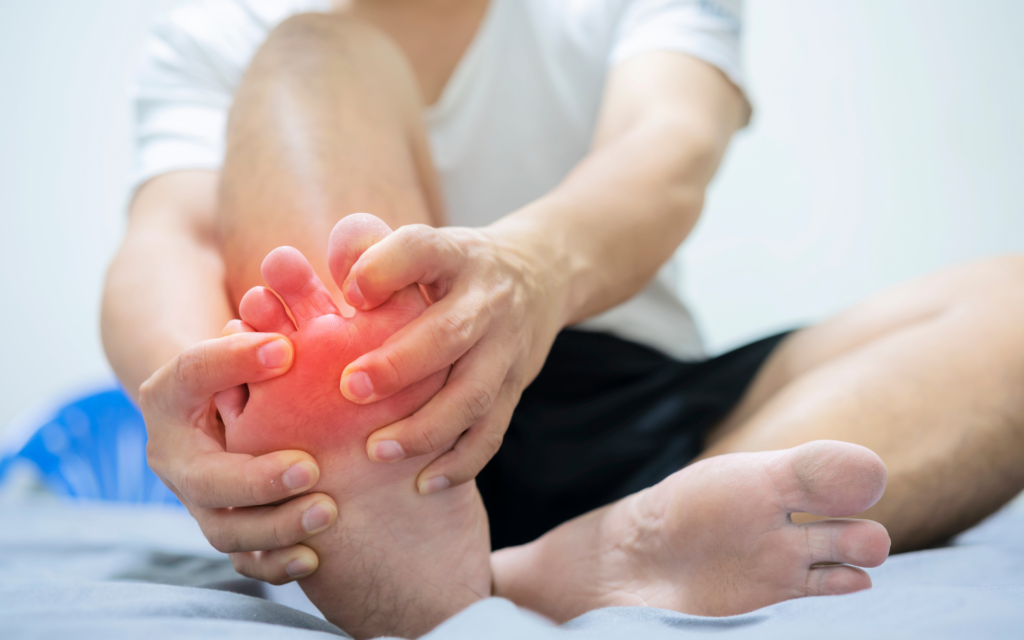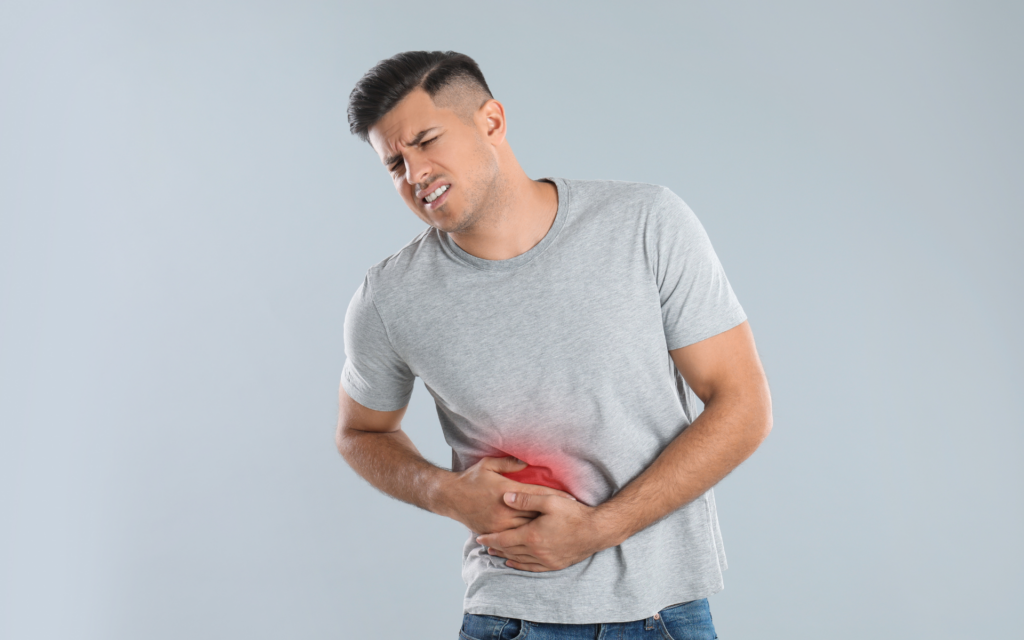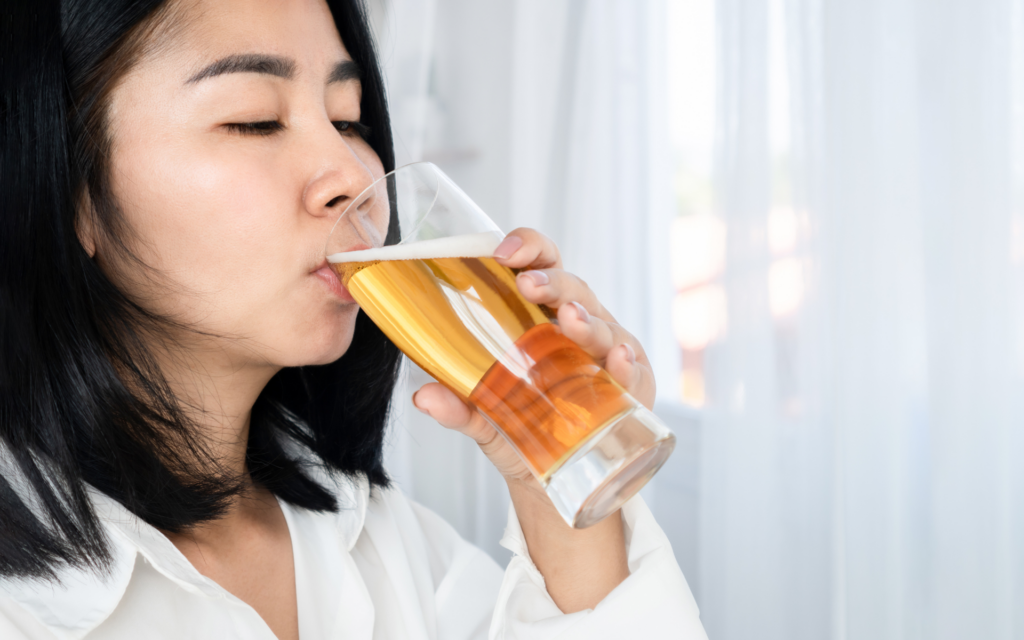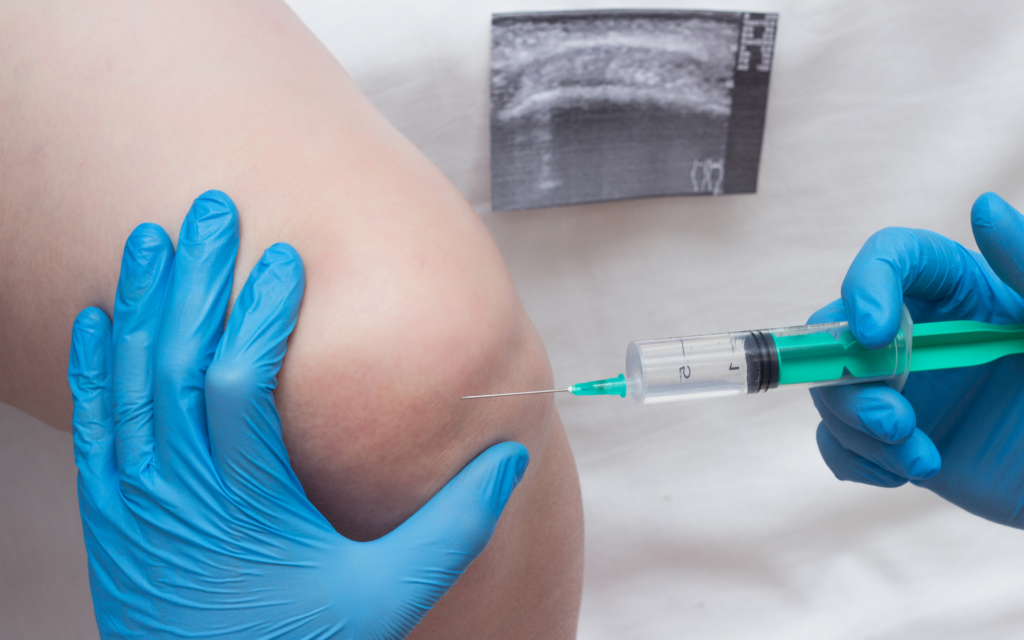Alcohol is a common social lubricant, a way to unwind after a long day, and a significant part of many cultures worldwide. While moderate alcohol consumption may not pose significant health risks for most people, some individuals experience a mysterious and uncomfortable phenomenon which brings us to the discussion of joint pain after drinking alcohol. This article aims to shed light on the underlying causes of joint pain after alcohol consumption, how to manage it, and when it is essential to seek medical help.
What Causes Joint Pain After Drinking Alcohol?
Joint pain following alcohol consumption can be perplexing, but several factors contribute to this discomfort. Understanding these causes can help individuals make informed decisions about their alcohol intake and take steps to alleviate joint pain.
Dehydration
One of the most common causes of joint pain after drinking alcohol is dehydration. Alcohol is a diuretic, meaning it increases urine production and can lead to a loss of fluids. Dehydration can affect the body’s ability to lubricate joints adequately, leading to friction and discomfort. As a result, joint pain can be more pronounced the morning after a night of heavy drinking, often referred to as a “hangover.”
Inflammation
Alcohol consumption can trigger an inflammatory response in the body, impacting various systems, including the musculoskeletal system. Inflammation can lead to joint pain and stiffness, particularly in individuals with pre-existing conditions such as arthritis or autoimmune disorders. Chronic alcohol consumption can exacerbate inflammation, thereby increasing the risk of persistent joint pain.
Gout
Gout is a form of arthritis that can be triggered or worsened by alcohol consumption, especially heavy drinking. Gout occurs when uric acid crystals accumulate in the joints, leading to intense pain, redness, and swelling. Certain types of alcoholic beverages, such as beer and red wine, have been linked to an increased risk of gout attacks.
Sleep Disruptions
Alcohol consumption can disrupt sleep patterns, leading to poor-quality or insufficient sleep. Inadequate sleep can result in increased sensitivity to pain and exacerbate joint discomfort. People who experience sleep disruptions due to alcohol may find that their joint pain is more pronounced, especially in the morning or during the night.
Liver Damage
Chronic alcohol abuse can cause liver damage, including conditions like alcoholic liver disease. The liver plays a crucial role in processing and eliminating toxins from the body. Liver dysfunction can lead to an accumulation of waste products, which can trigger joint pain and discomfort. In severe cases, it can result in chronic joint pain.
It’s crucial to note that the effects of alcohol on joint pain can vary from person to person. While some may experience immediate discomfort after alcohol consumption, others might notice joint pain over time, especially with chronic drinking.
Managing Joint Pain After Alcohol Consumption
If you’re struggling with joint pain after drinking alcohol, there are several strategies you can employ to manage the discomfort and reduce the risk of future issues. Here are some tips to consider:
Well-balanced diet
Maintaining a well-balanced diet can help alleviate joint pain associated with alcohol consumption. Ensure that your diet includes foods rich in anti-inflammatory properties, such as omega-3 fatty acids found in fatty fish (e.g. salmon, mackerel) and foods high in antioxidants like berries, leafy greens, and nuts. These dietary choices can help counteract the inflammatory effects of alcohol and promote overall joint health.
Additionally, maintaining a healthy weight through diet and regular exercise can reduce the load on your joints, diminishing the potential for discomfort.
Stay Active
Regular physical activity is essential for keeping joints healthy and maintaining flexibility. Exercise can help alleviate joint pain associated with alcohol consumption, as it stimulates blood flow, reduces inflammation, and strengthens the muscles surrounding the joints. Engaging in activities such as swimming, yoga, or low-impact exercises can be particularly beneficial for individuals with joint pain.
However, it’s essential to avoid excessive or high-impact exercise when experiencing joint pain, as this can aggravate the discomfort.
Stay Hydrated
As dehydration is a significant contributor to joint pain after alcohol consumption, staying well-hydrated can make a substantial difference. When drinking alcohol, try to intersperse alcoholic beverages with water or non-alcoholic beverages to maintain proper hydration levels. It’s especially important to hydrate before going to bed after a night of drinking to reduce the risk of waking up with pronounced joint pain.
Furthermore, drinking adequate water during the day can help your body process alcohol more effectively and reduce its potential impact on your joints. Monitoring your alcohol intake and avoiding excessive consumption is essential to reduce the risk of dehydration-related joint pain.
Remember that moderation is key when it comes to alcohol consumption. Being mindful of your alcohol intake and its effects on your body can help you manage joint pain and overall health.
When to Seek Medical Help for Alcohol-Related Joint Pain
While joint pain after alcohol consumption is often a temporary and manageable issue, there are circumstances where it is essential to seek medical help. Recognising signs of a more serious problem and consulting a pain doctor can lead to a more accurate diagnosis and appropriate treatment. Here are some indicators that it’s time to consider professional medical advice:
Recognising Signs of a Serious Problem
Persistent or severe joint pain that is not alleviated by lifestyle changes, including moderation in alcohol consumption, is a red flag. If you experience debilitating joint pain, especially after drinking alcohol, or if the pain persists for an extended period, it may indicate an underlying medical condition that requires medical evaluation. Additionally, if joint pain is accompanied by other concerning symptoms, such as unexplained weight loss, fever, or unusual skin rashes, it is important to seek medical attention promptly.
Consulting a Pain Doctor
A pain doctor, or pain specialist, is a medical professional with expertise in diagnosing and managing various types of pain, including joint pain. If alcohol-related joint pain is interfering with your daily life or is chronic in nature, consulting a pain doctor can be an important step. A pain doctor can conduct a thorough evaluation, including a medical history and physical examination, to identify the underlying cause of the joint pain.
Coreflex Injection
In some cases, pain doctors may recommend Coreflex injections as a treatment option. Coreflex injections typically contain a combination of corticosteroids and anesthetics. Corticosteroids have potent anti-inflammatory properties and can help reduce inflammation and alleviate pain in the joints. Anesthetics provide immediate pain relief.
PRP Injection
Platelet-Rich Plasma (PRP) injections are another option that pain doctors may recommend. PRP injections use the patient’s blood, which is processed to extract platelets rich in growth factors. These platelets are then injected into the affected joint, stimulating tissue repair and promoting healing. PRP injections can be particularly beneficial for individuals experiencing chronic joint pain due to alcohol consumption.
Intra-articular Injection (Hyaluronic Acid)
Intra-articular injections involve the injection of hyaluronic acid directly into the affected joint. Hyaluronic acid acts as a lubricant and shock absorber within the joint, providing relief for conditions like osteoarthritis. These injections can improve joint function and reduce pain, enhancing overall quality of life.
It’s important to consult with a pain doctor to determine the most appropriate treatment based on your specific condition and the underlying cause of your joint pain.
Conclusion
Joint pain after alcohol consumption can be a puzzling and uncomfortable experience for many individuals. While various factors contribute to this discomfort, understanding the causes and taking preventive measures can help alleviate joint pain. Maintaining a well-balanced diet, staying physically active, and prioritizing hydration are essential strategies to manage alcohol-related joint pain. However, when joint pain is severe, persistent, or accompanied by concerning symptoms, it’s crucial to seek professional medical help.
Consulting a pain doctor can lead to a more accurate diagnosis and appropriate treatment, including minimally invasive injections like Coreflex, PRP, or Intra-articular injections. By addressing the mystery of joint pain after alcohol consumption, individuals can enjoy a healthier and more comfortable life, regardless of their drinking habits.




